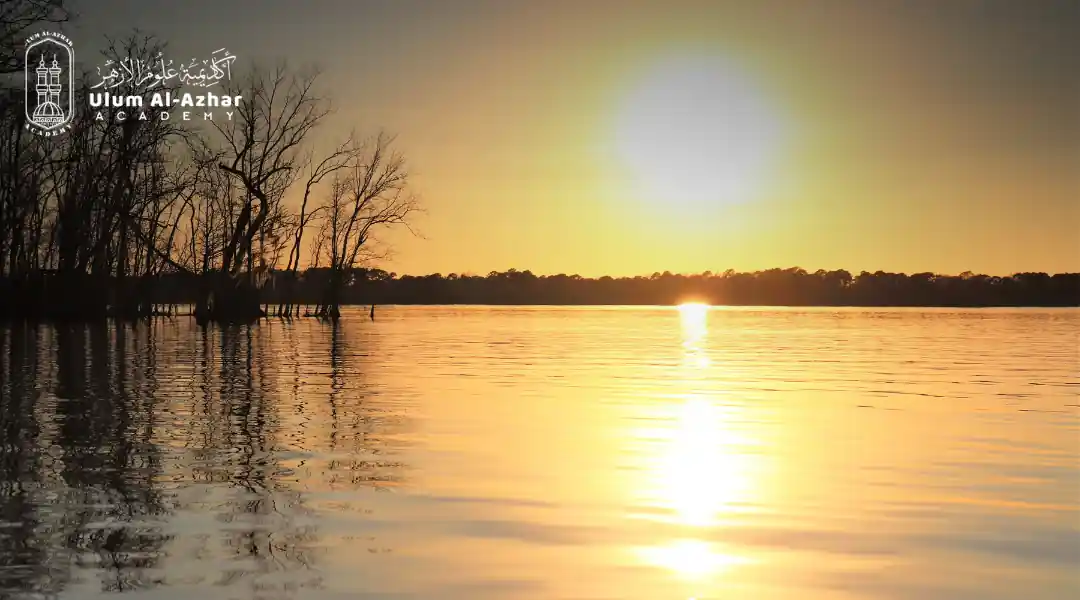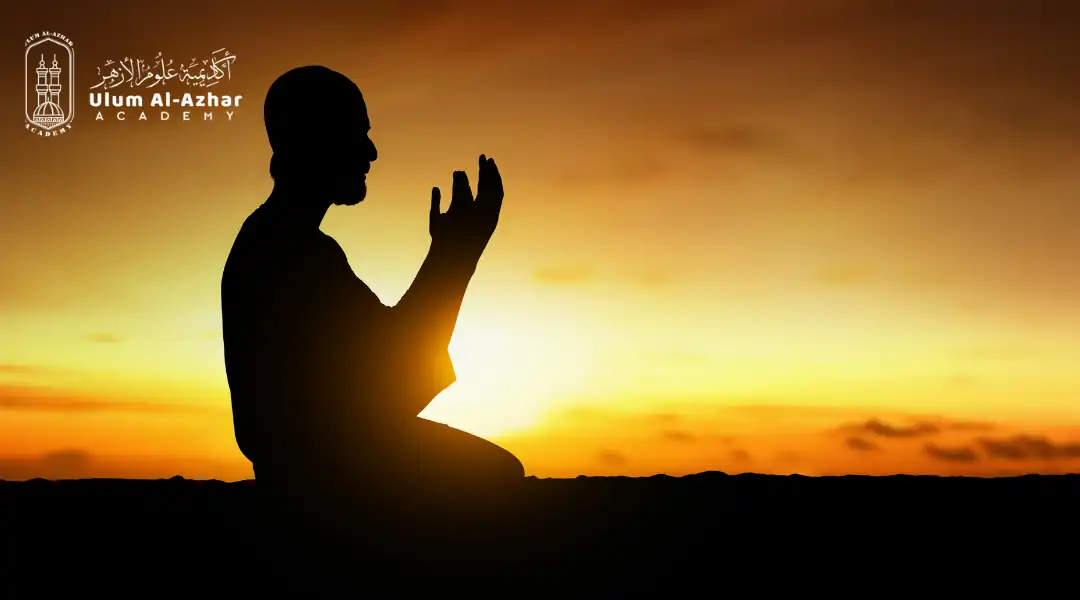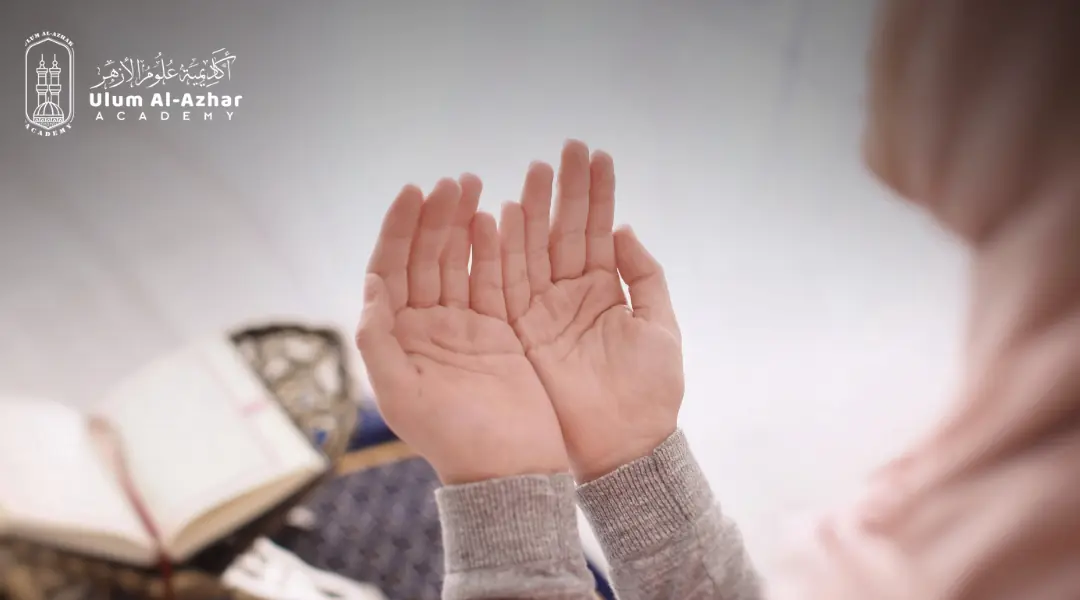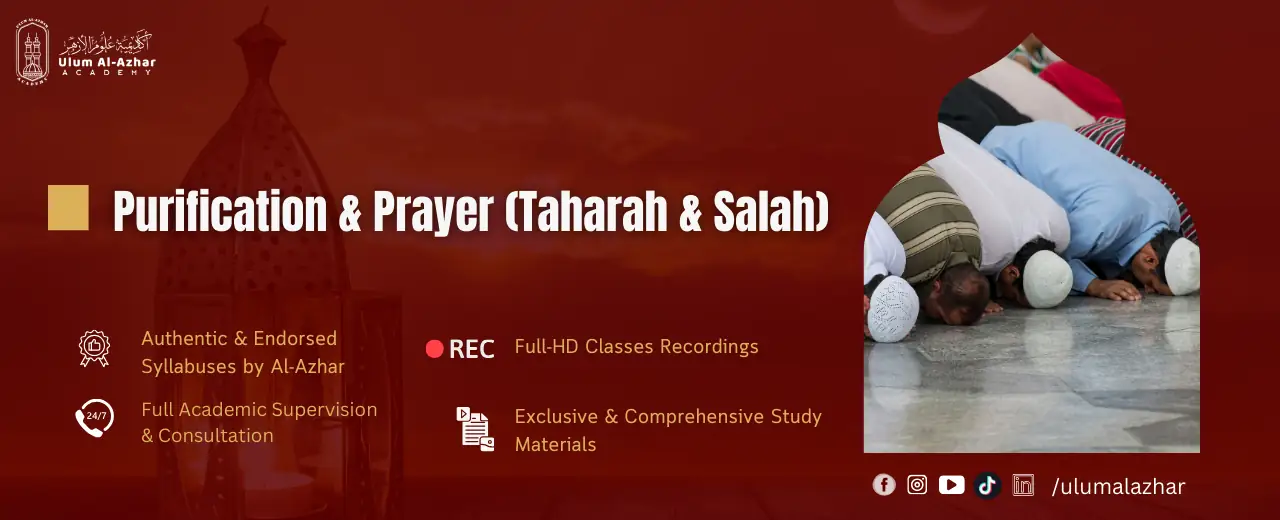
Duas after fajr prayer: Powerful morning supplications
What if the key to a happy and successful life starts with the first moments of your day? For Muslims who want to live a life based on faith and feel protected by Allah, making duas after fajr prayer is a simple but important habit. These morning prayers are not just things you say on auto-pilot—they are a way to talk directly to Allah, and they can bring blessings, safety, and what you need in life. This article will explain why these morning prayers are so important, share the prayers that the Prophet ﷺ used, and give you helpful tips on how to make them a regular part of your day for both spiritual growth and success in life.
Why Make Duas After Fajr Prayer?
The time after Fajr is one of the most spiritually potent moments of the day. Allah has made this time sacred, filled with mercy and tranquility. The Prophet Muhammad (PBUH) said:
“O Allah, bless my Ummah in its early mornings.” (Tirmidhi)
Making duas after the Fajr prayer is not just a Sunnah; it’s a way to start the day in line with divine guidance. At this time, angels are present and witness our prayers. It’s a quiet moment when the world is still, there are few distractions, and the heart is gentle. When we lift our hands in dua after Fajr, we are truly starting our day with Allah.
Duas after Fajr prayer help us:
- keep us safe from any trouble
- Request blessings in our daily needs
- Get the courage to deal with everyday problems
- Build our belief and make us more efficient
- Keep our attention on the life hereafter
Kickstart your Islamic education: your journey awaits with a free consultation and Al-Azhar-certified Sheikhs in Egypt.

Morning Remembrances from the Prophet (PBUH)
The Prophet (PBUH) regularly made duas after Fajr, which are recorded in real hadiths. They are not long or hard to understand, but their messages are very powerful. The Messenger of Allah ﷺ said:
Allah, the Almighty, said: “I am as My servant thinks of Me, and I am with him when he remembers Me. If he remembers Me to himself, I remember him to Myself. And if he remembers Me in a gathering, I remember him in a gathering better than it.” —Narrated by Muslim.
Here are some adhkar that the Prophet (PBUH) used to recite every morning (adhkar Alsabah):
1. Reciting Ayat al-Kursi:
“Allah! There is no deity except Him, the Ever-Living, the Sustainer of [all] existence. Neither drowsiness overtakes Him nor sleep. To Him belongs whatever is in the heavens and whatever is on the earth. Who is it that can intercede with Him except by His permission? He knows what is before them and what will be after them, and they encompass not a thing of His knowledge except for what He wills. His Kursi extends over the heavens and the earth, and their preservation tires Him not. And He is the Most High, the Most Great.” (Surah Al-Baqarah, 2:255)
2. “We have entered the morning upon the natural religion of Islam, upon the word of sincere devotion, upon the religion of our Prophet Muhammad (peace be upon him), and upon the path of our forefather Ibrahim, who was upright and a Muslim, and was not of those who associate others with Allah.”
3. “I am pleased with Allah as my Lord, with Islam as my religion, and with Muhammad (peace be upon him) as my Prophet.”
4. “O Allah, I ask You for beneficial knowledge, good and pure provision, and accepted deeds.” — Reported by Ibn Majah
5. “O Allah, by You we have entered the morning, by You we have entered the evening, by You we live, and by You we die, and to You is the resurrection.”
6. “There is no god but Allah, alone, without partner. To Him belongs all sovereignty and praise, and He has power over all things.”
7. “O Ever-Living, O Sustainer, by Your mercy I seek relief. Rectify all of my affairs and do not leave me to myself for the blink of an eye.”
8. “O Allah, You are my Lord, there is no deity except You. You created me and I am Your servant. I uphold Your covenant and promise as best as I can. I seek refuge in You from the evil of what I have done. I acknowledge Your favor upon me, and I confess my sins. So forgive me, for none forgives sins except You.”
9. “O Allah, Creator of the heavens and the earth, Knower of the unseen and the seen, Lord and Sovereign of everything — I bear witness that there is no deity but You. I seek refuge in You from the evil of my own self, from the evil of Satan and his traps, and from committing wrong against myself or bringing it upon another Muslim.”

10. “We have entered the morning and the kingdom belongs to Allah, and praise is due to Allah. There is no god but Allah alone, without partner. To Him belongs the dominion and praise, and He has power over all things. I ask You for the good of this day and the good of what comes after it, and I seek refuge in You from the evil of this day and the evil of what comes after it. I seek refuge in You from laziness and the evil of old age. I seek refuge in You from the punishment of the Fire and the punishment of the grave.”
11. “O Allah, I ask You for forgiveness and well-being in this world and in the Hereafter. O Allah, I ask You for forgiveness and well-being in my religion, worldly affairs, family, and wealth. O Allah, cover my faults, and grant me security from fear. Protect me from in front of me, from behind me, from my right, from my left, and from above me. And I seek refuge in Your greatness from being taken unaware from beneath me.”
12. “In the name of Allah, with whose name nothing on earth or in the heavens can cause harm, and He is the All-Hearing, All-Knowing.” (Three times)
13. “Glory be to Allah by the number of His creation, by His pleasure, by the weight of His Throne, and by the ink of His words.” (Three times)
14. “O Allah, grant me well-being in my body. O Allah, grant me well-being in my hearing. O Allah, grant me well-being in my sight. There is no god but You. O Allah, I seek refuge in You from disbelief and poverty. O Allah, I seek refuge in You from the punishment of the grave. There is no god but You.” (Three times)
15. Reciting Surah Al-Ikhlas, Al-Falaq, and An-Nas (Three times)
16. “Allah is sufficient for me; there is no deity but Him. In Him I place my trust, and He is the Lord of the Mighty Throne.” (Surah At-Tawbah, 9:129) (Seven times)
17. “O Allah, I have entered this morning making You my witness, and the bearers of Your Throne, and Your angels, and all of Your creation, that You are Allah, there is no deity except You, and that Muhammad is Your servant and Messenger.” (Four times)
18. “There is no god but Allah, alone, without partner. To Him belongs the dominion and praise. He gives life and causes death, and He is over all things capable.” (Ten times)
19. “Glory be to Allah and praise be to Him” or “Glory be to Allah the Great and praise be to Him.”
20. “I seek Allah’s forgiveness.” (One hundred times)
21. “Subhan Allah, Alhamdulillah, Allahu Akbar, La ilaha illallah, wahdahu la sharika lah, lahul-mulk wa lahul-hamd wa huwa ‘ala kulli shay’in qadeer.”
Duas after fajr prayer for Protection and Rizq
Every person who believes in God deals with uncertainty, like dangers while traveling, money problems, sickness, or feeling weak in faith. Because of this, the prayers said after the Fajr prayer should ask for seeking protection (hifz allah) and sustenance (rizq).
Here are some duas after Fajr prayer that the Prophet (PBUH) used to recite:
1. Narrated by Umm Salamah (may Allah be pleased with her): The Prophet (ﷺ) used to say, when he finished the Fajr (dawn) prayer after giving salam:
“O Allah, I ask You for beneficial knowledge, good and pure provision, and accepted deeds.” —Reported by Imam Ahmad
2. Narrated by At-Tirmidhi: The Prophet (ﷺ) said:
“Whoever says after the Fajr prayer, while still sitting and before speaking to anyone: ‘La ilaha illa Allah, wahdahu la sharika lah, lahul-mulk wa lahul-hamd, yuhyi wa yumit wa huwa ‘ala kulli shay’in qadeer’ (There is no god but Allah, alone, without partner. To Him belongs all sovereignty and praise. He gives life and causes death, and He is over all things capable) — ten times — Allah will record for him ten good deeds, erase ten sins, raise him ten levels, he will be protected from all harm that day, guarded from the devil, and no sin will overtake him that day except associating partners with Allah.”
3. Narrated by Abu Dawood and Ibn Hibban: The Prophet (ﷺ) used to say after Fajr and Maghrib:
“O Allah, protect me from the Hellfire.” (Recite 7 times after Fajr)
Asking for rizq after Fajr aligns perfectly with the Prophet’s (PBUH) du’a for barakah in the early hours. If we want our work, business, studies, and efforts to succeed, we must begin with duas after Fajr prayer sincerely.

How to Build a Morning Dua Routine
Consistency is the key. Starting a strong morning routine begins with taking small steps and growing through discipline and purpose.
Here are some tips to help you develop a habit of saying duas after Fajr prayer:
1. Make sure to perform Wudu properly and pray Fajr on time. Don’t put it off. The earlier you pray, the better.
2. After your prayer, sit facing the qiblah and don’t rush to pick up your phone or start your tasks right away.
3. Start with (khitam alsalah) say subhanAllah, alhamdulillah, and Allahu akbar (33 times for every one. And adhkar after any prayer: Ayat Alkursy, Surah Al-Ikhlas and Al-Mu’awwidhatayn (Al-Falaq and An-Nas), and duaa that the Prophet (peace and blessings be upon him) used to say after the prayer:
“There is no god but Allah, alone without partner. To Him belongs the dominion and to Him belongs all praise, and He is over all things capable. O Allah, none can withhold what You give, and none can give what You withhold, and the wealth of the wealthy will not benefit them against You.”
4. Recite the recommended morning prayers (adhkar)
5. Make your duas personal, Ask Allah for your needs, your family’s health, your goals, and for strength in your faith.
Turn it into a daily habit, even if you only spend 5 to 10 minutes each day. In just a few weeks, you’ll start to see how saying duas after Fajr prayer changes your mindset and helps you be more productive.
Common Mistakes People Make After Fajr
Many people pray Fajr but don’t get the full blessings because they skip duas after Fajr prayer. Here are some common mistakes:
1. leaving right away after prayer without sitting for dhikr.
2. Praying after Fajr is one of the common mistakes. It is reported about the prophet ﷺ “There is no Salat (voluntary prayer) after the break of dawn except the two (Sunnah) Rak‘ahs of Fajr.”
The scholars explained that this means it is not permissible to perform voluntary prayers after Fajr until the sun rises — except for someone who forgot to pray the Sunnah of Fajr before the obligatory prayer, in which case, they may make it up after Fajr.
3. Delaying Witr Prayer Until After Fajr, Imam Malik reported to us ‘Abd ar-Rahman ibn al-Qasim heard his father al-Qasim ibn Muhammad say: “I have prayed Witr after dawn.” Imam Malik said: “Only a person who oversleeps and misses Witr should pray it after dawn. No one should deliberately delay Witr until after Fajr.”
Sample Morning Duas Taught at Ulum Al-Azhar Academy
Ulum Al-Azhar Academy helps us understand the essential aspects of Islamic purification (Taharah) and prayer practices under the supervision of qualified teachers from Al-Azhar Al-Shariff, Egypt.
The “Purification and Prayer” course provides a comprehensive guide to the essential practices of Taharah and Salah, including Wudu, Ghusl, and Tayammum. As well as the rules for leading prayers, special prayers,duas after prayer, morning duas and funeral rites. This course combines theoretical knowledge with practical exercises, ensuring a complete understanding of these foundational Islamic practices.

Conclusion
The early morning hours are a special time given by Allah—peaceful, quiet, and full of spiritual strength. Saying duas after the Fajr prayer is a simple yet powerful act that brings brightness to your day, deepens your bond with Allah, and helps open up opportunities for blessings and safety.
Don’t miss this precious moment. Whether you’re a student, a parent, a worker, or someone looking for knowledge, starting your day with duas after Fajr is one of the best choices you can make.
If you’re looking to deepen your morning worship and build a lifelong habit of duas after Fajr prayer, begin today. Let every sunrise be a reminder of Allah’s mercy, and every dua a step closer to His pleasure.
Begin now with a free consultation with a qualified teacher from Al-Azhar Al-Shariff, Egypt.
FAQs
Is it Sunnah to make duas after Fajr prayer?
Yes, it is from the Sunnah to make dhikr and dua after Fajr. The Prophet (PBUH) used to remain in his place after prayer, remembering Allah until sunrise.
Can I make personal duas after Fajr?
Absolutely. You can ask Allah for anything after Fajr—health, guidance, success, forgiveness—whatever is on your heart.
How long should I spend on duas after Fajr prayer?
There is no fixed duration. Even 5 to 10 minutes daily of sincere dua and dhikr can change your life.
What if I miss Fajr in congregation? Can I still make the duas?
Yes, as long as you prayed Fajr—even alone—you can still make the duas after Fajr prayer.
